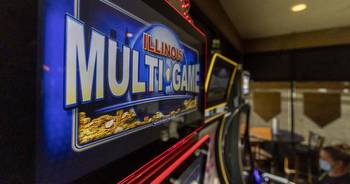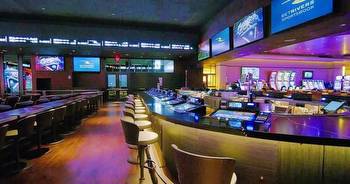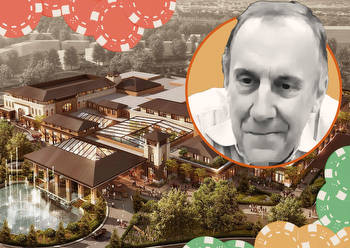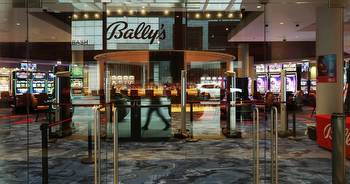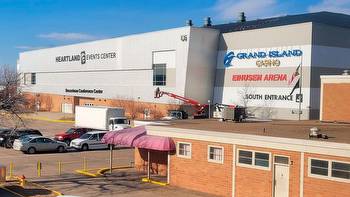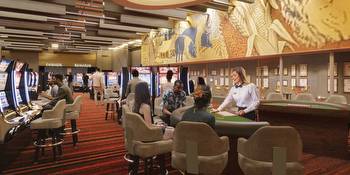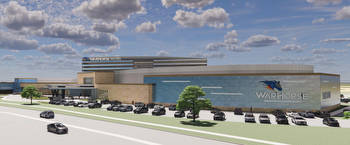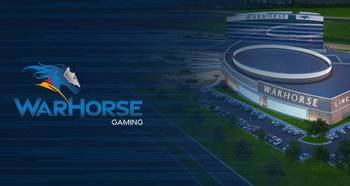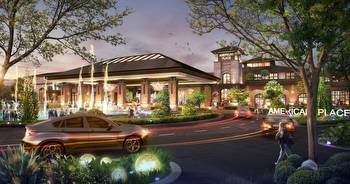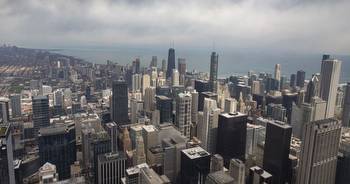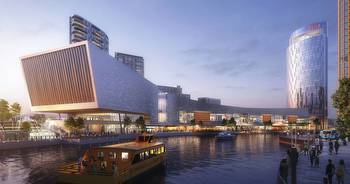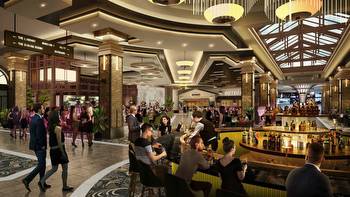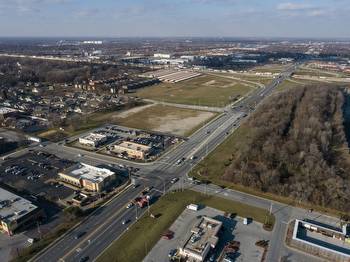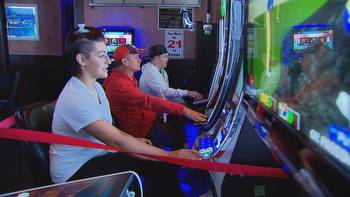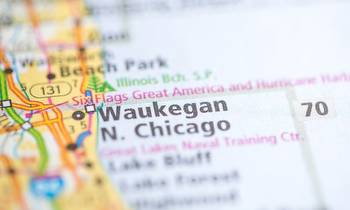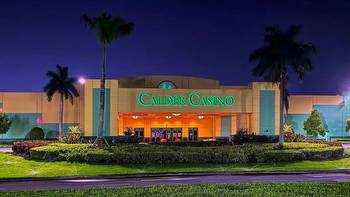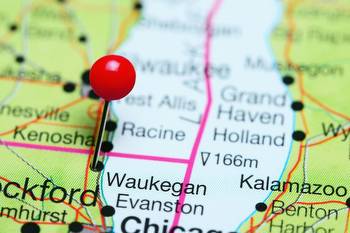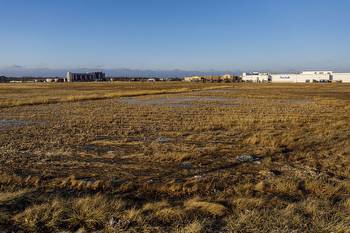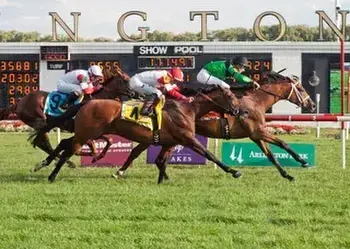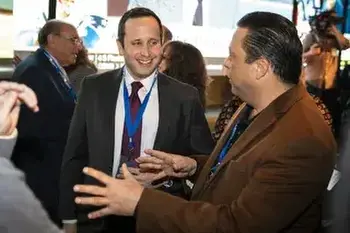Still no casino at Hawthorne Race Course 3 years after getting license

More than three years after Hawthorne Race Course was authorized to add casino gambling, not a single card has been dealt nor a coin dropped in the slots. The $400 million combination horse racetrack and casino, or “racino,” was supposed to have opened in 2021.
Workers even started initial demolition work at the track, which shut down the grandstand. Track officials maintain the project is coming soon,but construction has yet to begin, leaving racing and casino fans alike scratching their heads.
In the meantime, other ventures have gotten the go-ahead for new casinos in Chicago, Waukegan, East Hazel Crest and Danville. Temporary casinos were established in Waukegan and Rockford. But there’s still no casino at Hawthorne.
The delay affects not only the Carey family that owns Hawthorne, but the entire horse racing industry in Illinois. Since Churchill Downs Inc. outraged the racing world by closing Arlington International Racecourse in 2021, Hawthorne in west suburban Stickneyhas been the only place to race in the Chicago area.
That means thoroughbred and harness racing must share the track, and take turns with each style of racing. That requires a costly and time-consuming change of the track surface each time, and leaves each type of racing out of the action for months at a time.
Horsemen say the arrangement has worsened a trend of owners and trainers taking their business elsewhere, in some cases to other states where successful racinos have supported the industry for years.
In September, Hawthorne President Tim Carey told the Illinois Racing Board, “We are in the process of making the necessary disclosures to the Illinois Gaming Board with regards to the financing for this project. Upon approval, we expect to be in a position to begin construction later this year.”
However, since granting preliminary suitability and demolition approval to Hawthorne in 2020, the gaming board has not received any subsequent construction requests from the track.
Hawthorne has had to deal with the pandemic and resulting inflation, supply chain issues, and high interest rates, with the primary issue being financing, Hawthorne spokesman Dakota Shultz said.
Where Hawthorne is limited to income from its track, sportsbook, off-track and online betting, competitors typically have the advantage of revenue from other casinos, or have used creative partnerships or financing to get started. Bally’s, for one, sold its land and leased it back to raise $500 million for its $1.74 billion casino complex in Chicago.
As a family-owned business with 160-some shareholders, Hawthorne had to restructure to make the gaming board vetting process easier. Officials didn’t want to partner with a casino company because they want racing to be an integral part of the new operation, Schultz said.
Construction has been delayed, but officials remain confident they’ll be able to announce a beginning to the work in the first part of 2023. The design in hand by Aria Group Architects would provide table games and slots, a parking deck, and new dining, bars and race wagering areas. Construction is scheduled to take 14 months, pushing the opening into 2024.
But Shultz promised a “first-in-class” facility built for long-term success. It’s slated to create 1,200 construction jobs, with about 30% minority, women, disadvantaged and veteran-owned businesses, and the work force is to be unionized with prevailing wages and benefits.
While Hawthorne waits for casino revenue, the industry in Illinois is gasping for breath.
“Horse racing is dying in Illinois,” Illinois Thoroughbred Horsemen’s Association Executive Director David McCaffrey said, “while in other states that have racinos, it’s flourishing.”
Casino gambling at Hawthorne would pay a share of adjusted gross receipts to purses, or prize money, for horse races. If the casino takes in $200 million, the horsemen expect that to generate some $30 million extra in purse money, more than doubling the current handle.
The increase is desperately needed, because with Arlington closing, McCaffrey said, there were far fewer racing days, and total betting dropped nearly 30% this year, worsening a long-term trend.
As a result, as more participants have left the state or the business, the number of people working in the business has fallen from about 11,000 in 2000 to 4,500 in 2020.
Likewise, breeding has suffered. The number of thoroughbred foals registered in Illinois has fallen from nearly 1,900 in 1985 to just 152 in 2021.
Compounding the problem, the former Fairmount Park Race Track, rebranded as FanDuel Sports Book & Horse Racing, downstate near St. Louis, also has yet to begin building its casino. The racing board asked its officials to come up with an infrastructure plan by March 1.
Despite it all, Hawthorne’s chief Carey remains optimistic. He spoke of how he’s focused on creating a fourth-generation, 130-year-old “startup” business. To lead the project, Hawthorne hired Gaming CEO Kevin Kline, who has run racinos before, and oversaw the development of Horseshoe Casino Hammond in Indiana in 2008.
“Hawthorne casino is coming, and it’s going to transform Illinois horse racing for generations,” Carey said. “We believe that we can rebuild this industry.”








